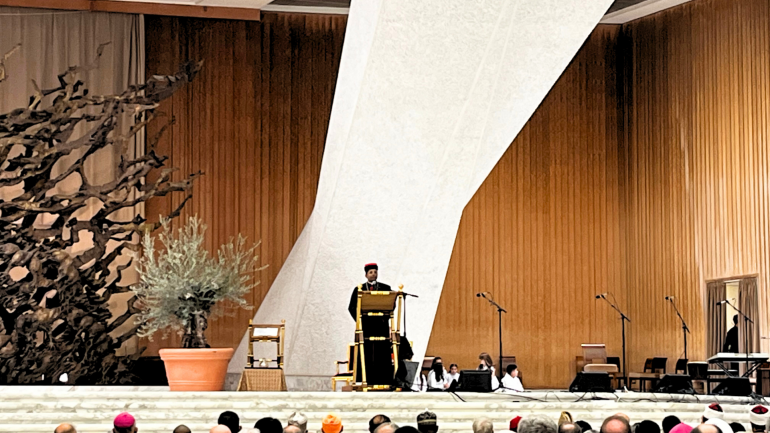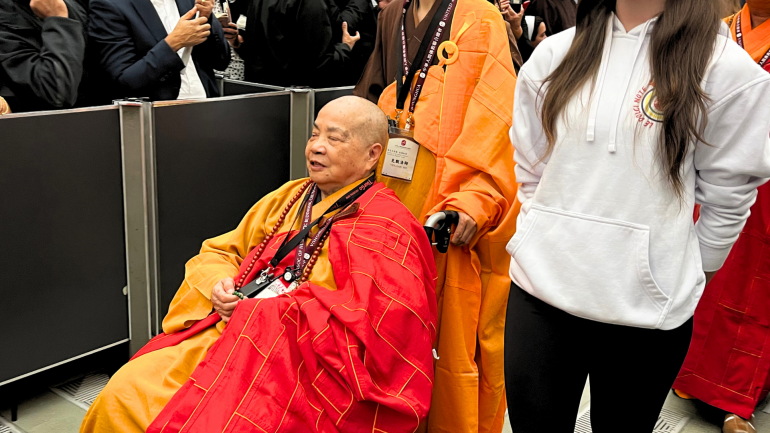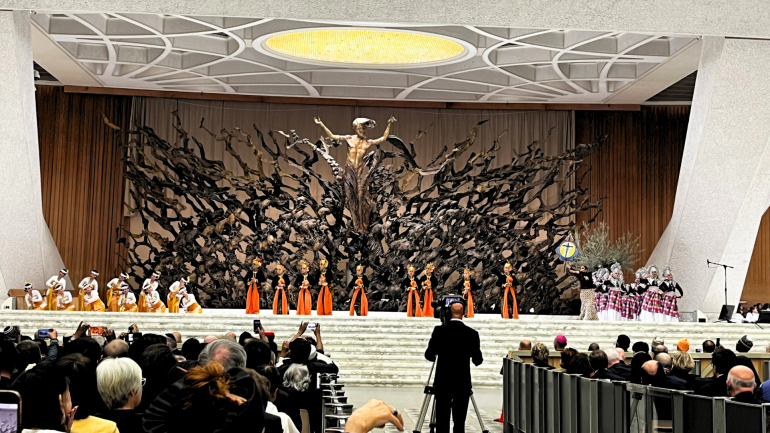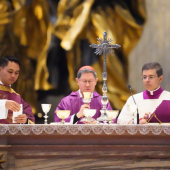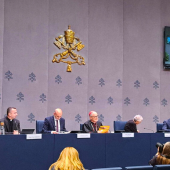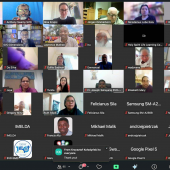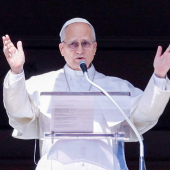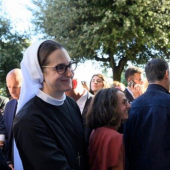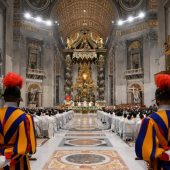Walking Together in Hope: Vatican Marks 60 Years of Nostra Aetate, Inspiring Asia’s Journey of Dialogue
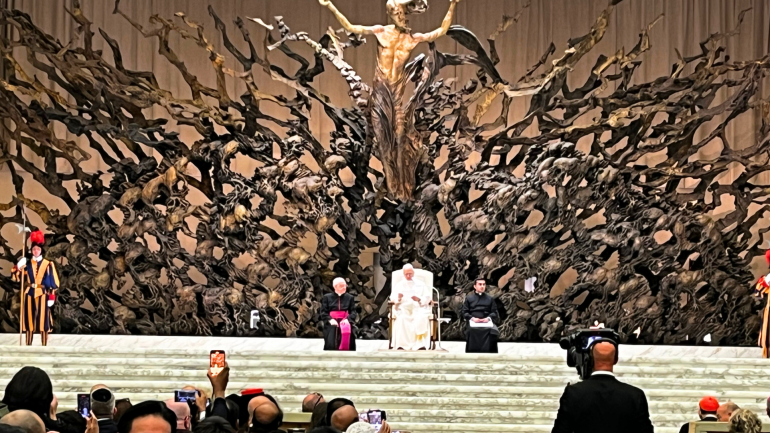
Six decades after the Second Vatican Council opened a new chapter in relations between the Catholic Church and non-Christian religions, representatives of faiths from across the globe gathered in the Paul VI Hall to celebrate the 60th anniversary of Nostra Aetate, the landmark declaration on interreligious dialogue.
The event, titled “Walking Together in Hope,” was organized by the Dicastery for Interreligious Dialogue and the Commission for Religious Relations with Judaism on October 28.
It brought together leaders and believers from Judaism, Islam, Hinduism, Buddhism, Sikhism, Jainism, Shintoism, Zoroastrianism, Confucianism, and African traditional religions, alongside members of the Roman Curia, the diplomatic corps, scholars, and youth delegates from every continent.
A Global Celebration of Faith and Friendship
Music, testimonies, and cultural performances created an atmosphere of gratitude and hope as participants reflected on Nostra Aetate’s enduring message, unity amidst diversity.
The highlight of the evening was the address of His Holiness Pope Leo XIV, who invited all faith traditions to renew their commitment to peace, dialogue, and human fraternity.
“The seed planted sixty years ago has become a great tree,” the Pope said, describing how Nostra Aetate has borne “the fruits of understanding, friendship, and peace.” He thanked generations of religious leaders who have nurtured this dialogue, often at great personal cost, and urged today’s believers to become “pilgrims of hope” in a divided world.
“Dialogue,” he affirmed, “is not a strategy, but a way of life, a journey of the heart that transforms both the one who speaks and the one who listens.”
Asia’s Living Witness of Dialogue
In many parts of Asia, home to more than 60% of the world’s population and a mosaic of religions, Nostra Aetate has found deep resonance. From India’s Hindu-Christian cooperation to Indonesia’s interfaith initiatives and the Philippines’ peace efforts in Mindanao, Asian Churches continue to live out the declaration’s call for dialogue as a path to peace and coexistence.
Cardinal George Jacob Koovakad, Prefect of the Dicastery for Interreligious Dialogue and an Indian prelate, highlighted the Jewish roots of Nostra Aetate and recalled its origins in the historic meeting between Pope John XXIII and Jewish historian Jules Isaac.
He reaffirmed the Church’s unequivocal rejection of antisemitism and all forms of discrimination, reminding the assembly that “dialogue is not an option but a sacred duty.”
“The Catholic Church cannot understand herself apart from her bond with the people of Israel,” Cardinal Koovakad said. “This declaration calls us to deepen friendship and to bear witness together to the God of mercy and peace.”
Voices of Hope in a Troubled World
Dr. Rachel David-Senor, a Jewish scholar and peace educator from Israel, spoke movingly of dialogue amid the ongoing conflict in the Holy Land. “Real dialogue asks us to face our most instinctive and uncomfortable reactions,” she said. “Hope is not an emotion; it is a moral imperative.”
Her testimony echoed across continents, including Asia, where interreligious tensions continue to test societies. From Myanmar to Pakistan and Sri Lanka, many Catholic communities remain active in promoting reconciliation, education, and interfaith solidarity.
A Call for Pilgrims of Hope
Pope Leo XIV’s closing words linked the anniversary to the Church’s Jubilee of Hope: “When we walk together in hope, hearts open, bridges are built, and new paths emerge. This is not the work of one nation or one generation, but the vocation of all humanity, to keep hope, dialogue, and love alive in the heart of the world.”
The evening concluded with a moment of silent prayer for peace, uniting believers from every tradition in a gesture of shared humanity.
As Asia continues to nurture vibrant interreligious dialogue, from the grassroots encounters of local communities to high-level collaborations, the message of Nostra Aetate remains profoundly relevant: faith can divide, but it can also heal. Sixty years later, the Church and all religions are invited anew to “walk together in hope.”
Radio Veritas Asia (RVA), a media platform of the Catholic Church, aims to share Christ. RVA started in 1969 as a continental Catholic radio station to serve Asian countries in their respective local language, thus earning the tag “the Voice of Asian Christianity.” Responding to the emerging context, RVA embraced media platforms to connect with the global Asian audience via its 21 language websites and various social media platforms.





